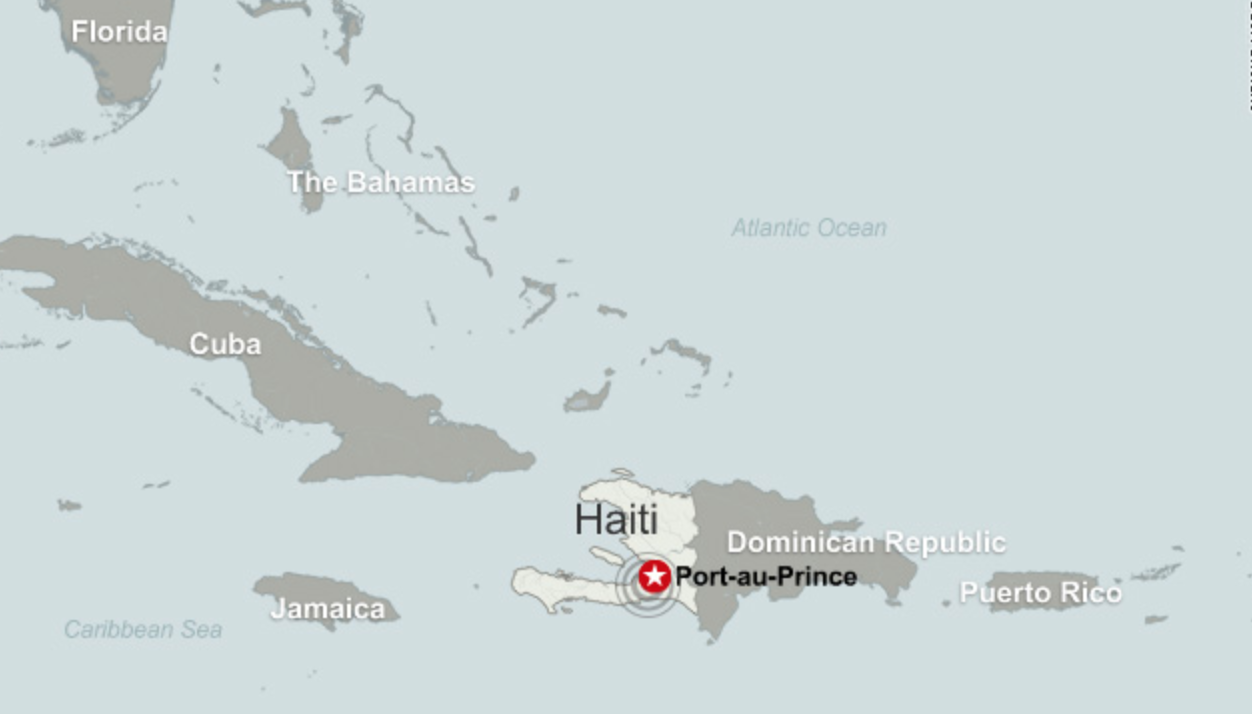Haiti, which occupies the cliché label of the poorest country in the Western hemisphere, now plumbs new depths of protracted political instability, adding to its woes of economic underdevelopment, disease and disaster.
Only the most cynical or the ignoramus could find no issue with a defunct parliament after three anarchic years.
A sitting legislature is a fundamental component of a functioning society, where the vital principles of representation, accountability and the rule of law ensure the needs and interests of citizens are taken into account in decision-making. Who will respond to the people’s cries against rampant criminal gangs who rape women with impunity? Who will provide access to food, safe drinking water and health care services?
Throughout the rest of the Caribbean Community, we take for granted such things as regular elections. In another member state, 1130 kilometres to the east, the latest plebiscite this day gives citizens the opportunity to choose their representatives, who then go on to make decisions on their behalf in the House of Representatives. The deal, however imperfect in execution, is simple and unyielding: the government is accountable to the people, and the interests of citizens are taken into account in the decision-making process.
Why, then, must the first independent sovereign nation in the Caribbean, which loosed itself from the shackles of colonial rule fully 158 years ahead of any British colony in the region, be left to be declared the first failed state in CARICOM? It is past time for the Community to take a leadership role in addressing this crisis by implementing a CARICOM-led Marshall Plan for Haitian development, redolent of the post-Second World War American aid programme to the poor, hungry, huddled masses in war-torn Western Europe.
Fresh from the diplomatic triumph of the Bridgetown Initiative at the COP-27 climate change summit, Barbados must now spend some of its political capital on introducing a Marshall Plan initiative at the February 15-17 summit in the Bahamas; no further hand-wringing and dithering are required.
Such an intervention to help restore parliamentary democracy in Haiti is urgent. The breakdown not only of elected representation but the rule of law and ministering to the needs of the people threatens the livelihoods of millions of Haitians and, we now believe, the standing of the wider Caribbean in the international community. Haiti can no longer be allowed to limp along as the ‘sick man’ of the Caribbean.
CARICOM has a duty to support its member states in times of crisis. The restoration of parliamentary democracy in Haiti is vital for the country’s long-term stability and prosperity. It is also in the bloc’s interest to ensure that Haiti is a stable and prosperous member.
CARICOM intervention in Haiti should take the form of diplomatic and economic support. We should take this important step even as we grapple with economic issues of our own. When is the right time to end the nightmare of roving gangs, rampant illness and food insecurity that could descend into famine? CARICOM must have an answer that addresses what the United Nations High Commissioner for Human Rights Volker Türk describes as a “desperate need to tackle the root causes of inequality and violence” which “have crippled the country’s development for decades”.
Such a Marshall Plan, aided by CARICOM’s well-established partnerships with donors and partners, would include providing aid, as well as working with the international community to help stabilize the country. Additionally, CARICOM can play a key role in mediating negotiations between Haiti’s political factions and encouraging dialogue between the political parties, insofar as such credible entities exist.
No doubt CARICOM’s intervention must be respectful of Haiti’s sovereignty and must be carried out in close consultation with the Haitian people, not factions and tribes. Job number one should be to support the restoration of parliamentary democracy in Haiti, not to impose a solution from outside.
But going beyond elective politics, true to its postwar namesake, a Marshall Plan from CARICOM would steer significant economic aid and investment to Haiti with the goal of stimulating economic growth and development. A consortium of agencies could fund infrastructure projects, such as roads, ports, and power plants, invest in education and healthcare, and reinforce sustainable agriculture.
CARICOM member states, in co-ordination with the international community, should provide the financial resources for this plan. Additionally, CARICOM should work closely with the Haitian government to ensure that the aid is used effectively and transparently to benefit the Haitian people.
Such a Marshall Plan would not only help improve the lives of 11 million Haitian people, but it would also be in CARICOM’s foreign policy interest. It is axiomatic that stable and prosperous Haiti would be less likely to experience mass migration and would be better able to contribute to the region’s economic growth. Refugees from Haiti’s misery will not only flock to North and South America.
A Marshall Plan for Haitian development should not be seen as a one-time solution, but rather as a long-term commitment to support Haiti’s sustainable development. This plan should also be inclusive, addressing the specific needs of women, children, and marginalised communities.
The fundamental rights and freedoms of the Haitian people are not bargaining chips in a zero-sum political game. These are non-negotiable elements of a working parliamentary democracy but also contribute to the provision of food and nutrition security, adequate housing and the security of persons and property.
It is CARICOM’s essential mission to unseal the political vacuum of the last three years and help Haiti reach its manifest destiny of freedom, equality and brotherhood among the nations of the Caribbean Community. It should be Barbados’ solemn duty to form it.




